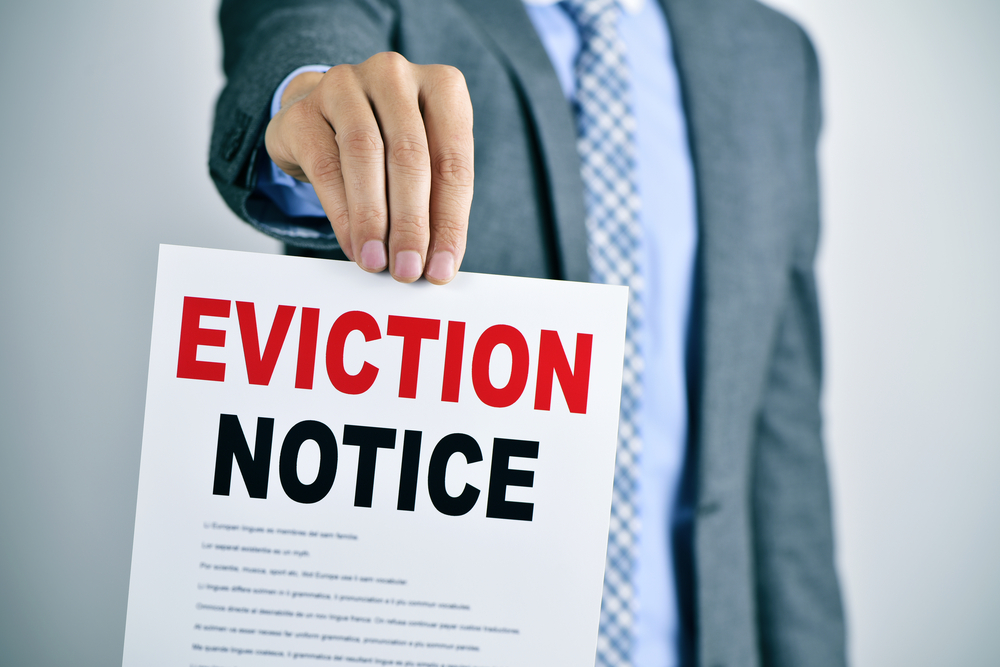
Abolishing ‘Section 21’ will radically change how this landlord operates. What about you?
South East London landlord Terry Reeves has been considering how to reorganise his portfolio after the government announced its plans to get rid of Section 21 ‘no fault’ evictions. Here’s what’s he’s planning to do.
A landlord for more than 40 years, Terry Reeves owns more than 100 mainly one- and two-bedroom flats in South East London.
But he says that as soon as the properties become vacant, he’ll either sell the bulk of them or let them to local authorities.
“If Section 21 goes, I’ll have no option but to sell some of my flats,” he tells LandlordZONE. “It’s the right time to do it because of all this legislation and red tape which just creates more work in everything you have to do – and with evictions, it can take many months.”
Terry hopes to try and hold onto all his good tenants, some of whom have been with him for 20 years.
But all to often he has to evict people for all sorts of reasons including not paying rent on time or bad behaviour towards other tenants. He’s currently sorting through a pile of Section 21s which should go to court as soon as they re-open in May or June.
Terry aims to only privately rent between 10 and 20 properties with the rest offered to the councils on a three-year lease with guaranteed rent. If they don’t want them, he’ll put them up for auction but believes local authorities will be keen to take on most of the stock.
“They’re going to be inundated with requests for housing from tenants who’ve been evicted after the crisis, so they’ll be wanting lots of properties.”
He already rents some of his flats to councils and says they generate the same amount of revenue as his privately rented ones. Adds Terry: “They take care of all the expenses and the only disadvantage is you don’t know who they’re renting them to.”


If you have any comments, please email the author of this article and click on the link above